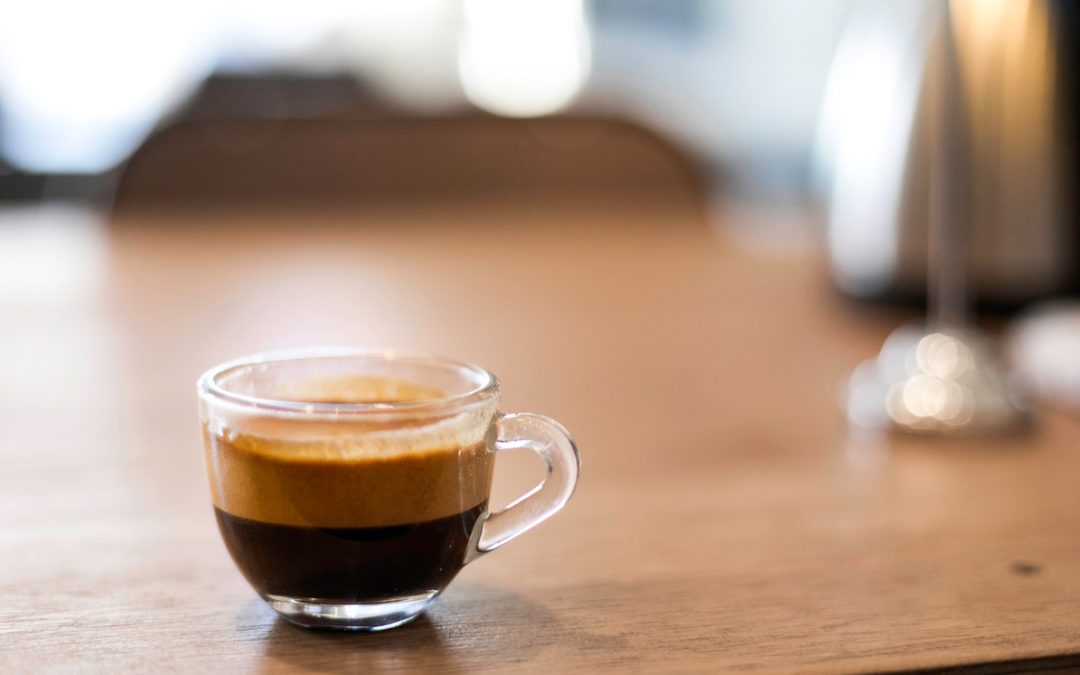CBD seems to be everywhere, and in everything – anyone can now easily purchase CBD-infused oil, body lotion, and even dog treats online or at a growing number of local retailers. With stores stocking their shelves with CBD products, and celebrities touting CBD as a cure-all for ailments ranging from anxiety to chronic pain, it’s becoming impossible to ignore that CBD has grown into a multi-billion dollar industry. Several cafes across the nation have even started selling CBD-infused lattes and coffee beans, with a promise that these products will allow customers to enjoy a sense of calm and alertness, without the jitters of caffeine or the “high” associated with THC.
Yet, many people are asking the same question: will CBD coffee really do anything to better their health? According to Jordan Tishler, a Massachusetts medical marijuana expert and faculty at Harvard Medical School, the answer is likely an astounding no.
What Is CBD?
Cannabidiol, also known as CBD, is one of the many cannabinoids, or medicines found in cannabis. CBD won’t cause consumers to feel intoxicated or “high,” which has made it appealing to those who may not want to feel the side effects of THC at work.
Our understanding of the potential benefits of cannabidiol is still limited, but research has shown that CBD is effective as a treatment for patients with Dravet Syndrome and Lennox-Gastaut Syndrome (Source). Note that these are rare epilepsy conditions that present in children – there is currently not enough evidence to suggest that CBD is effective in helping adults with epilepsy.
Why Are People Drinking CBD Coffee?
Some clinical research has suggested that patients can reduce symptoms of anxiety with CBD, but participants in these studies were given upwards of 600mg of CBD everyday (Source). Unfortunately, an entire bag of premium CBD coffee beans promises to contain at most 50mg of CBD, meaning that each cup of coffee likely contains a nominal amount of CBD.
Despite what any so-called caffeine or cannabis connoisseur may say, or try to sell you, there is no real evidence to suggest that CBD is effective at treating much of anything, especially at a dose small enough to fit in a coffee cup. Even if you were to consume an entire bag of CBD-infused coffee beans, which is certainly not recommended, the amount of CBD still wouldn’t be enough to bring you any sort of significant relief.
Is CBD Legal?
Although the implementation of the 2018 Farm Bill technically made use of cannabis containing under a certain percentage of THC (<0.3%) legal, the Food and Drug Administration (FDA), which has the task of regulating CBD, has not yet made those rules. They have stated publicly that this process will take about 2 years, despite pressure from both congress and the industry to rush to a conclusion.
As a result, CBD remains largely unregulated. Current CBD products lie in a legal gray area which puts the health and wallets of consumers at risk. The CBD-infused products available at retail stores likely do not contain nearly as much CBD as advertised, if any at all. Worse, these products are not subject to testing for toxins and heavy metals, and could contain dangerous additives like benzodiazepines.
Other Cannabinoids Found in Medical Cannabis
It’s clear that people are interested in benefitting from the therapeutic effects of cannabis, but don’t always want to experience the side effects of THC. However, it is important to look beyond CBD as the only non-psychoactive cannabinoid found in medical cannabis. In fact, medical cannabis contains over 100 cannabinoids, many of which have shown greater efficacy in treating chronic pain and anxiety than cannabidiol.
In particular, those wishing to avoid the euphoric effects of THC may find that THC-A is a far better option than CBD. Although it sounds very similar to THC, THC-A is different in that it does not produce a “high,” even when consumed in large doses. It is also readily found in cannabis, meaning that it’s far cheaper than CBD, which is expensive to manufacture and extract from cannabis.
Consult Our Massachusetts Medical Cannabis Expert for Specialized Care
If you are interested in using any of the medicines found in cannabis to treat the symptoms of your condition, or want to know if medical marijuana could be right for you, consider speaking to a trained medical provider who can best assist you in using cannabis therapeutically. The Boston medical cannabis doctors at InhaleMD offers an excellent standard of care and stands ready to help patients determine how medical cannabis could benefit them. To learn more or set up a consultation with Dr. Jordan Tishler, call us at (617) 477-8886 today.

